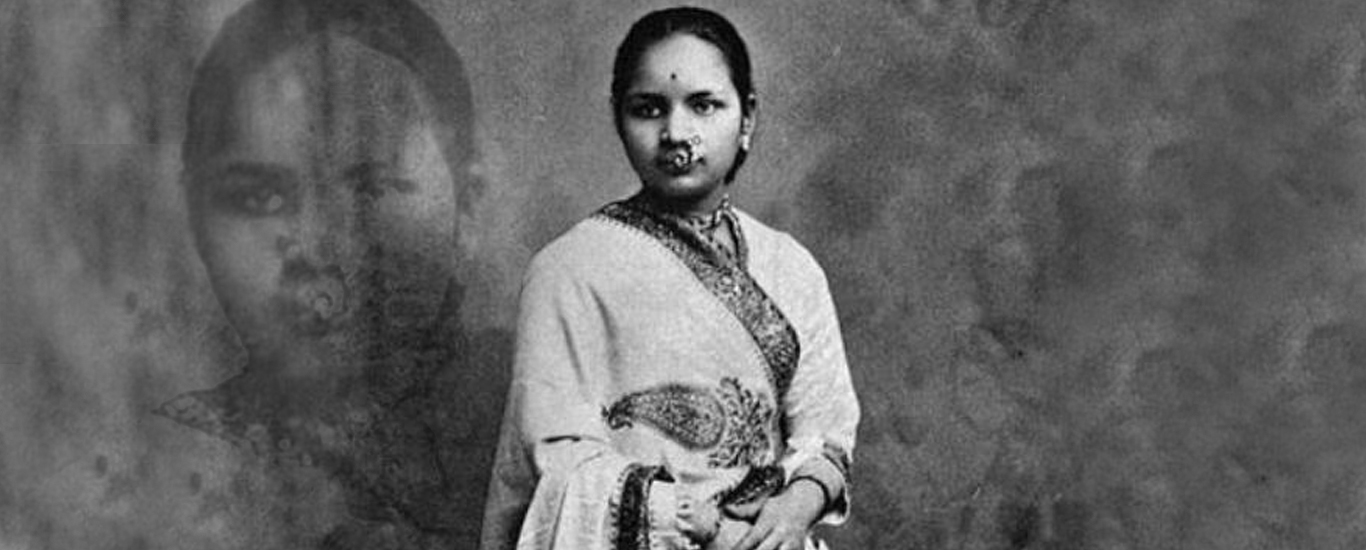Rassundari Devi’s Aamar Jiban, The challenging life story
Rassundari Devi is among the earliest woman writers in Bengali literature. Her “Amar Jiban” (My Life) is known to be the first autobiography in Bengali. Through the account of her life, we come to see the lives of Hindu women of her time “it is not only my life but also our lives”. It was a very different kind of autobiography. Because the essence of an autobiography is the reflection of the self, but Rassundar’s writing has gone beyond the reflection of the self.
My life was divided into 2 parts where the first part contained 16 compositions and was published in 1876. The 2nd part had 15 compositions and was published in 1906. In each composition, there is a dedicatory poem. In her autobiography, she has recorded the social mores of Bengal, injustices meted out to women and in a controlled, balanced manner she has protested against the unequal laws of society.
Rassundari Devi was born in 1810 into a rural zamindari family in the small village of Potajia in Pabna. She was born and brought up in a patriarchal setup, yet challenged it and pointed out its loopholes. She lost her father Padmalochan Roy in her childhood. She always preferred to call herself a mothers daughter, not a father’s daughter as she was raised by her widowed mother. Since childhood, an independent self, a strong, esteemed person developed in her. She was always very close to her mother more than her father. She became angry once when she was not allowed to take care of her mother in her last hours. If she was a boy the society would have allowed her. She was vexed because society looked at her not as a human being but as a girl child. In childhood, Rassundari was chicken-hearted.
As per the custom of the day, Rassundari got married at the age of 12 to a man named Nilmani Roy who belonged to a well-to-do landed household in Rajbari, Faridpur. But her mother-in-law was a good soul. Initially, she didn’t have to bear the burden of domestic work much. After her mother-in-law became ill when she had lost her eye-sight and became bedridden a load of household activity fell on her. The family was a large one. They had servants in their house but they were restricted to enter the inner premises of the house. Her housework increased when she became a mother at the age of eighteen. She had 12 children, where 7 of them died early.
The boredom of domestic life, the drudgery, and the dull monotonous life after giving birth to her children are vividly portrayed by Rassundari. She spoke about the social captivity of Bengal women and felt sorry for their helplessness including herself. The yoke of household activities prevented her from getting institutional education. She also questions “is this my fate because I am a woman? Just because I am a woman, does it necessarily mean that trying to educate myself is a crime?
Rassundari’s husband passed away when she was at the age of 59. A few months after her husband’s death, she completed and published the first version of her autobiography Amar Jiban in 1868.
“If I am asked to describe my state of mind, I would say it was very much like the sacrificial goat being dragged to the altar, the same hopeless situation, the same agonized screams.” She adds, “People put birds in cages for their own amusement. Well, I was like a caged bird. And I would have to remain in this cage for life. I would never be freed.”
Education was unthinkable for women and a literate woman was identical to a cursed woman. But Rassundari did not remain an illiterate woman all her life. She trained herself to read and write and developed for herself an identity independent of her husband and children. She not only gained literacy by the sharp dedication and hard work but also used it for self-discovery.
The book is not merely the narrative of just one woman but all Bengali women of that time. The autobiography is a live presentation of the culture. Includes details of the lives of omen and their transitions from one social role to another, from girl to wife, wife to mother, mother to woman. ‘Amar Jiban’ (My Life) is different from other writings, while others in their writings focused on love life, Rassundari’s focus was on the other aspects of life than love life. Rassundari began where others ended.
“The book calls itself – with a thundering audacity – My Life. It makes a bold and bold statement, presumptuous in the extreme, in a woman householder. A woman, moreover, who is not connected to a figure of religious or temporal significance, who cannot claim any miraculous powers or capacities. The life of such a woman would not be written – far less read – before the 19th century.” (Sarkar, 1999)
Rassundari Devi the pioneer of modern Bengali women and the foreigner of feminism in Bengal. Her writings included prominent features of modernism, critical spirit, intellectual and moral deliverance, reasons, common sense.



